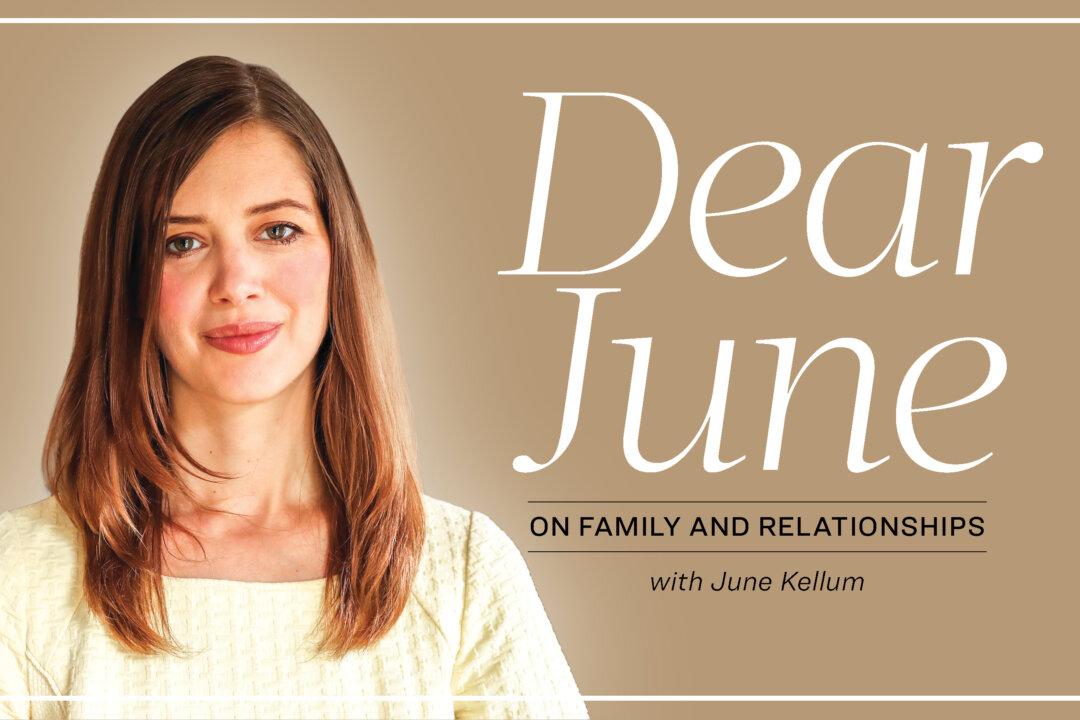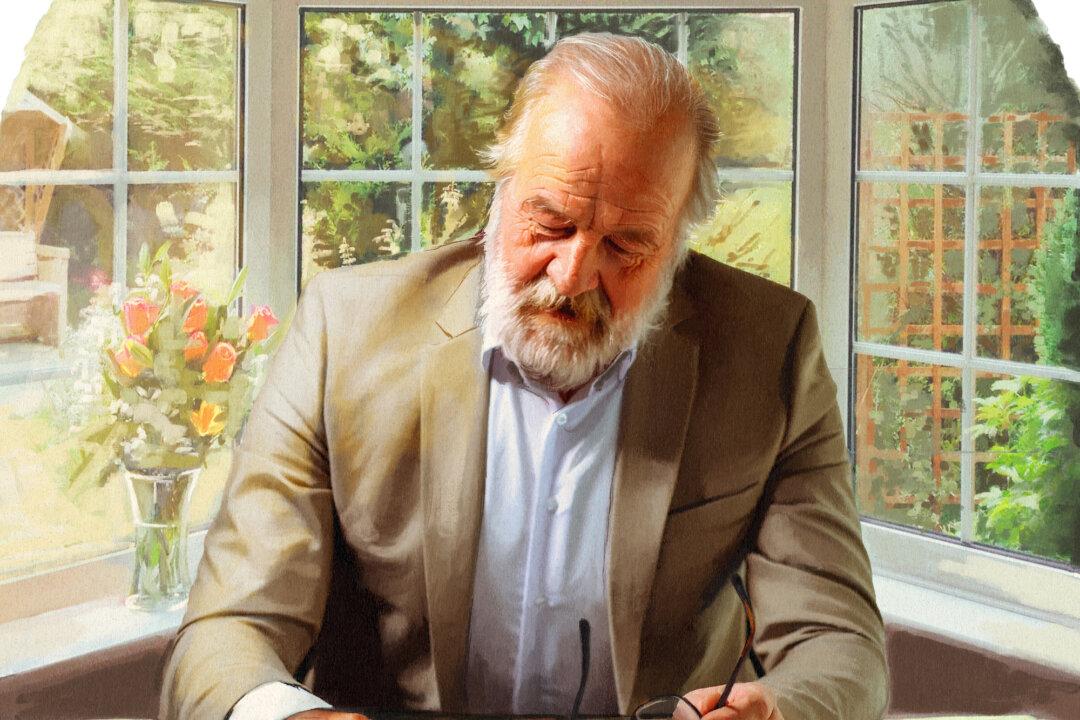Dear June,
I suspect a lot of people share my problem. My two adult daughters, both in their 20s, want almost nothing to do with me as a Republican and Trump supporter. They are two different people with different situations, so they express their contempt differently, but it’s there just the same. This problem is compounded by the fact that their mother and I divorced when they were teenagers, so even in the best circumstances, communication would be difficult. I believe their mother’s contempt for me preceded the politics and helped poison my relationship with the girls—though, of course she denies that.




